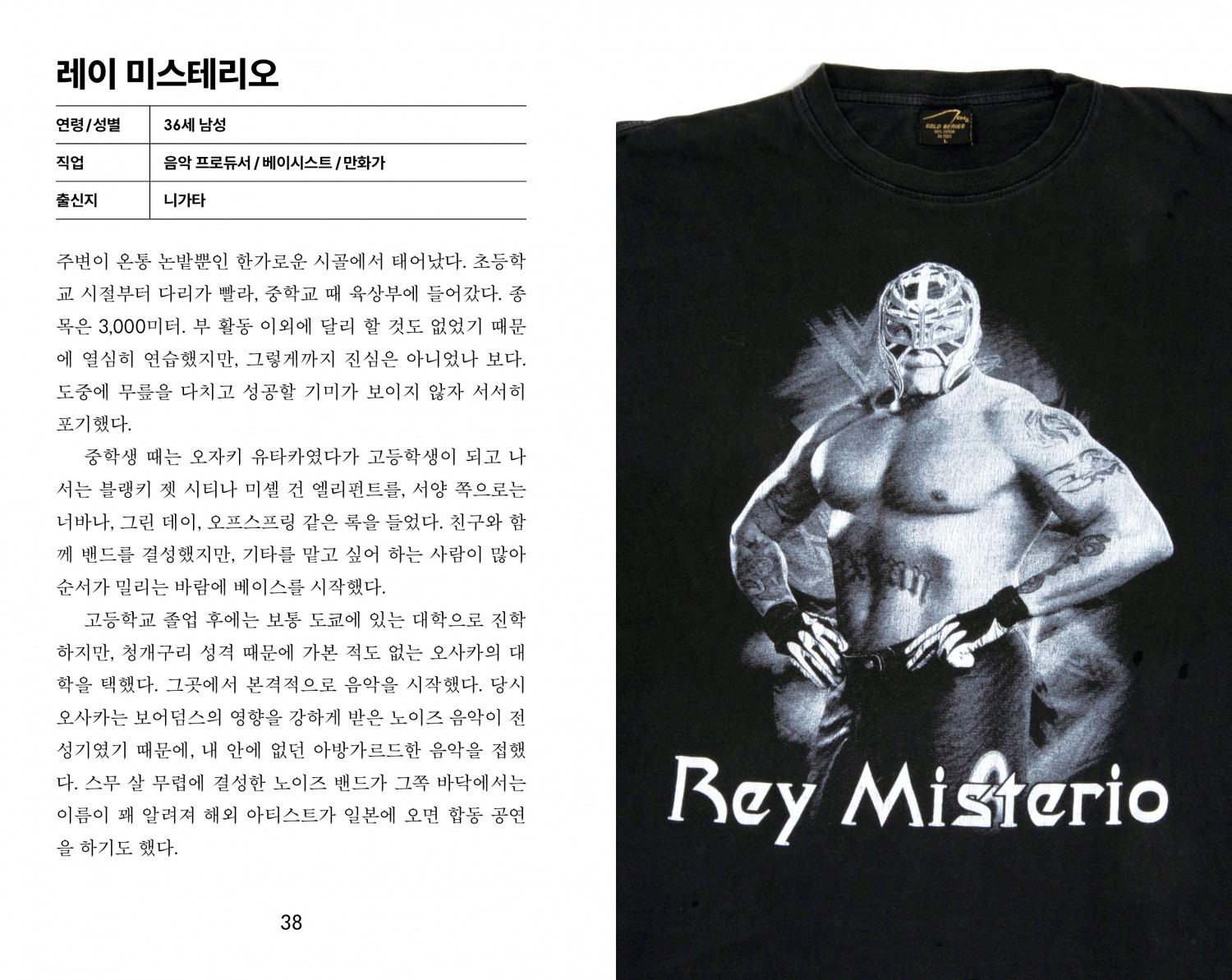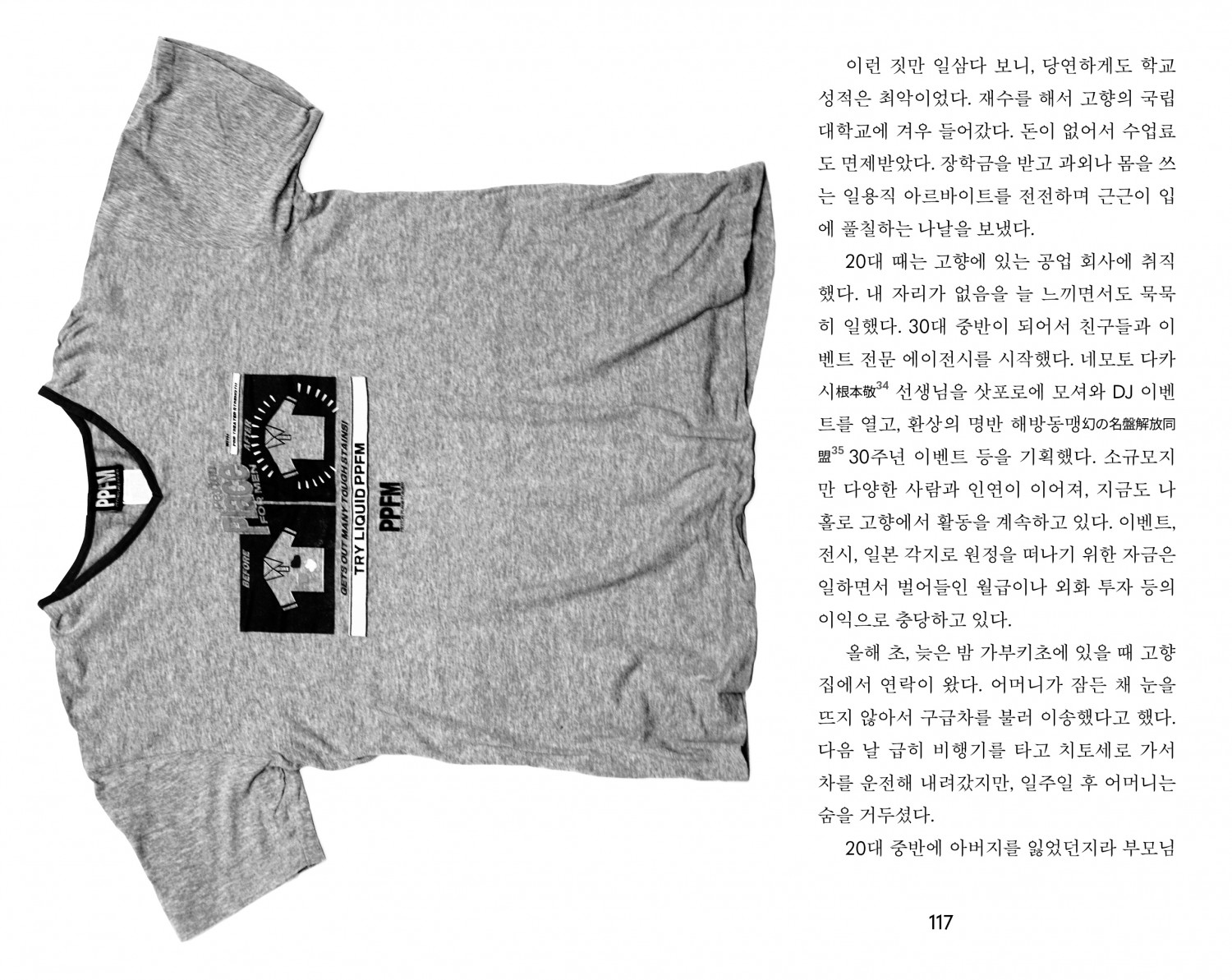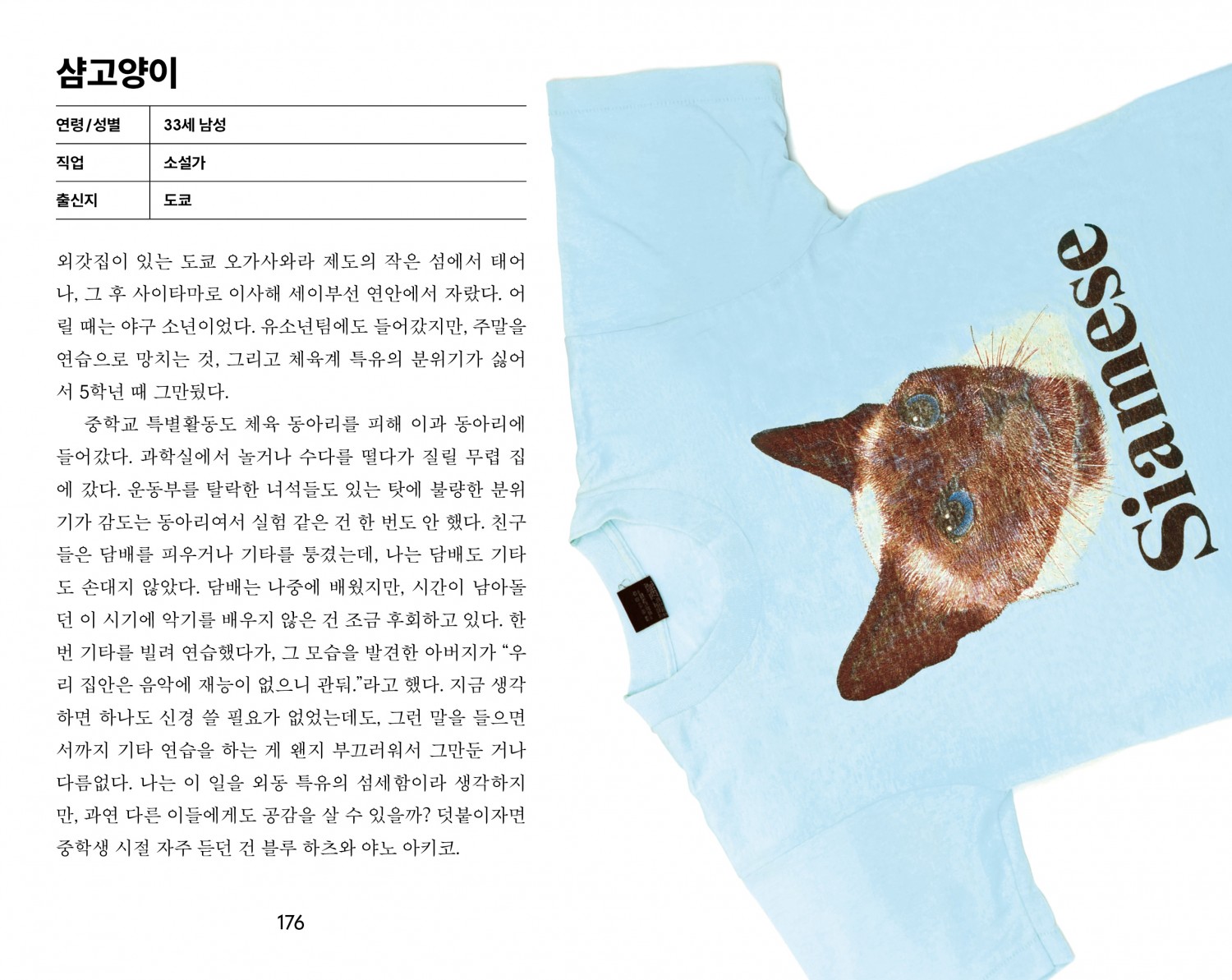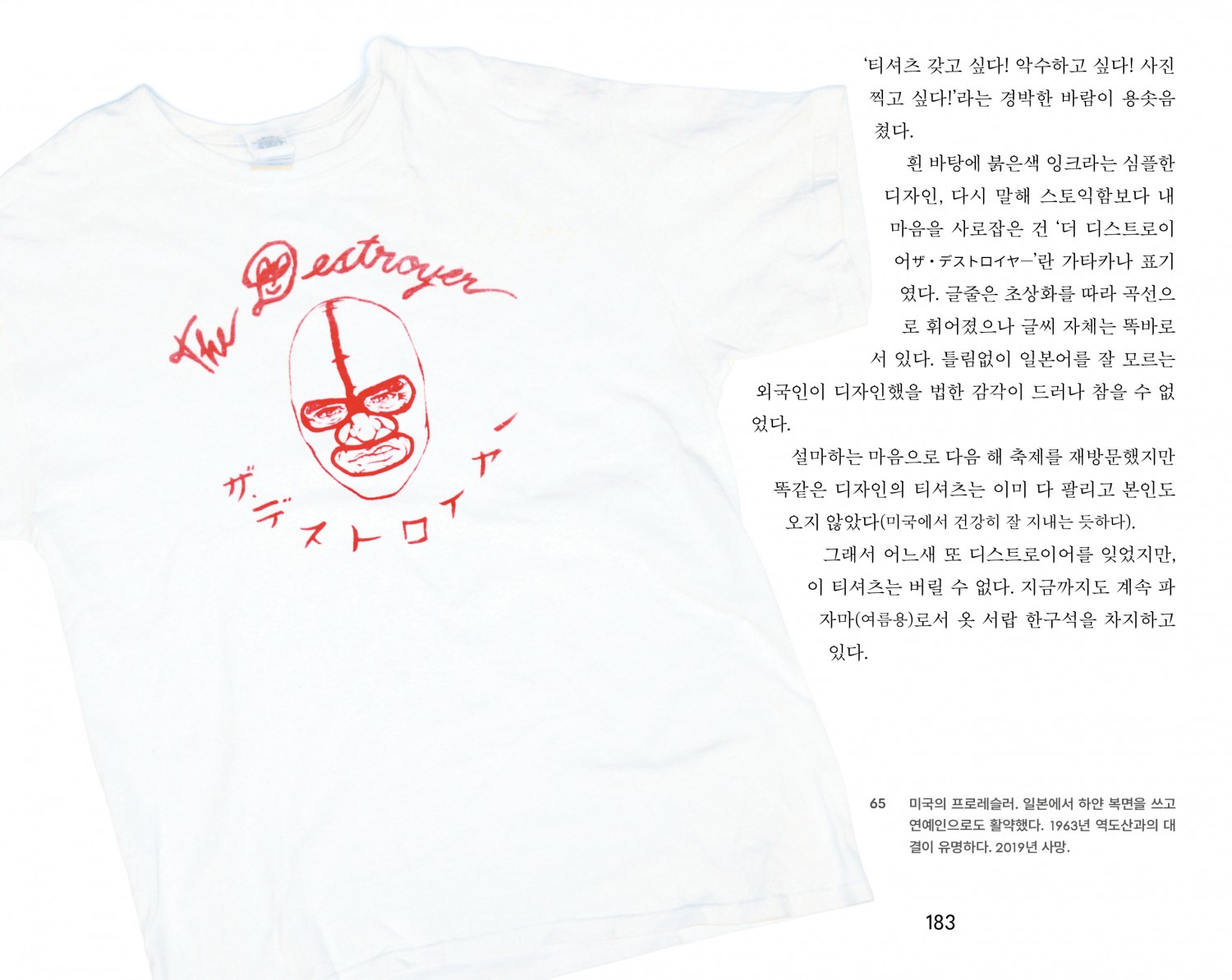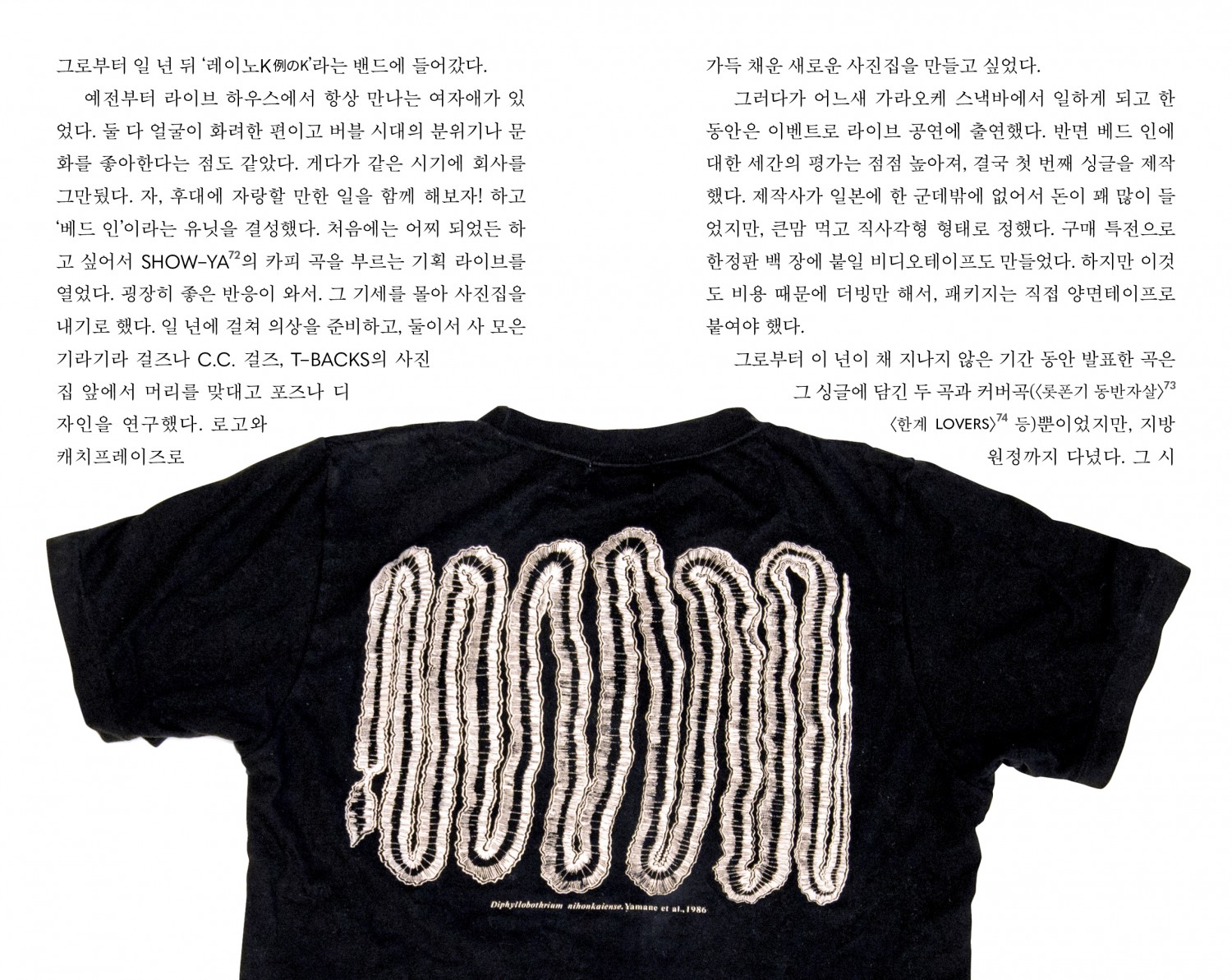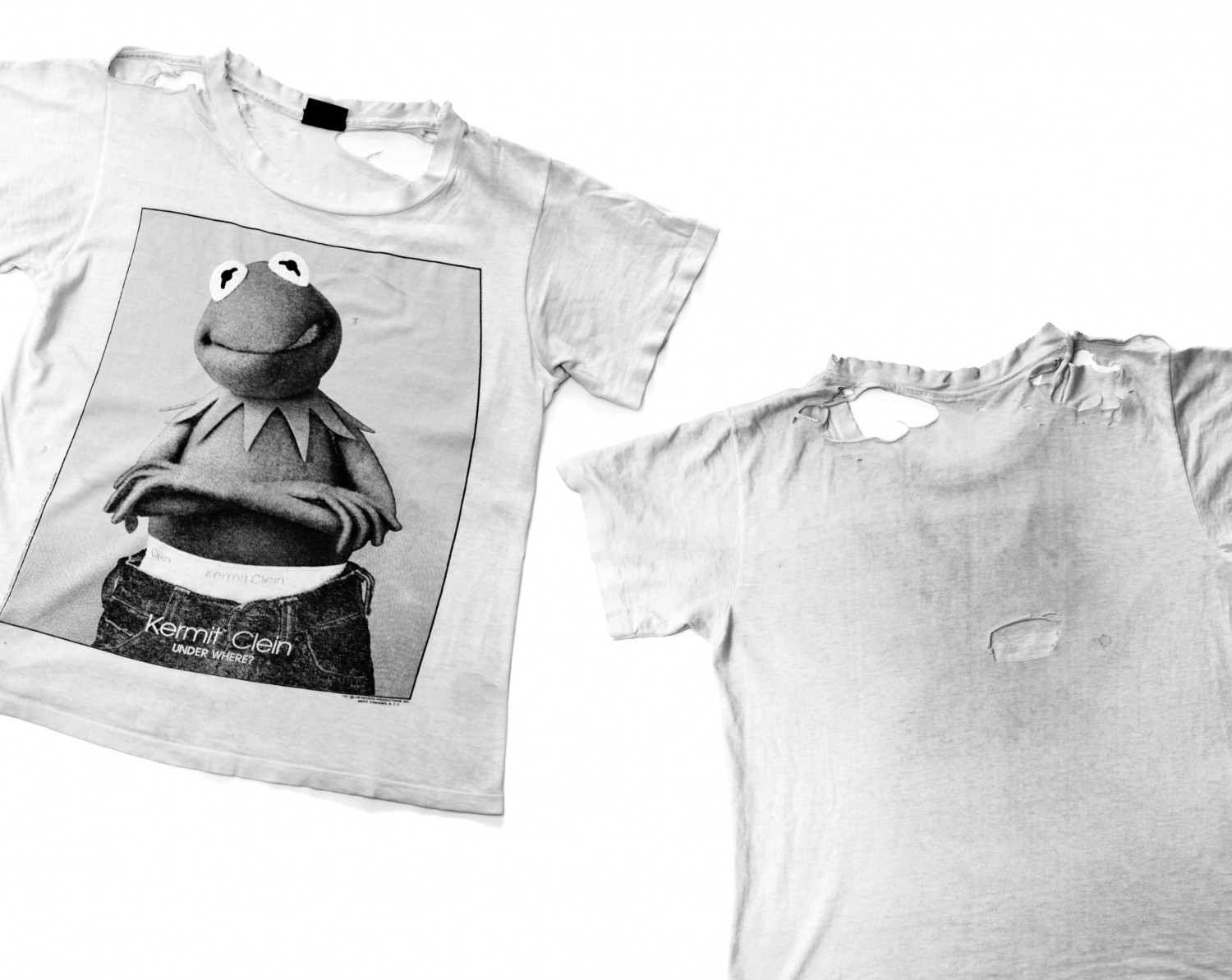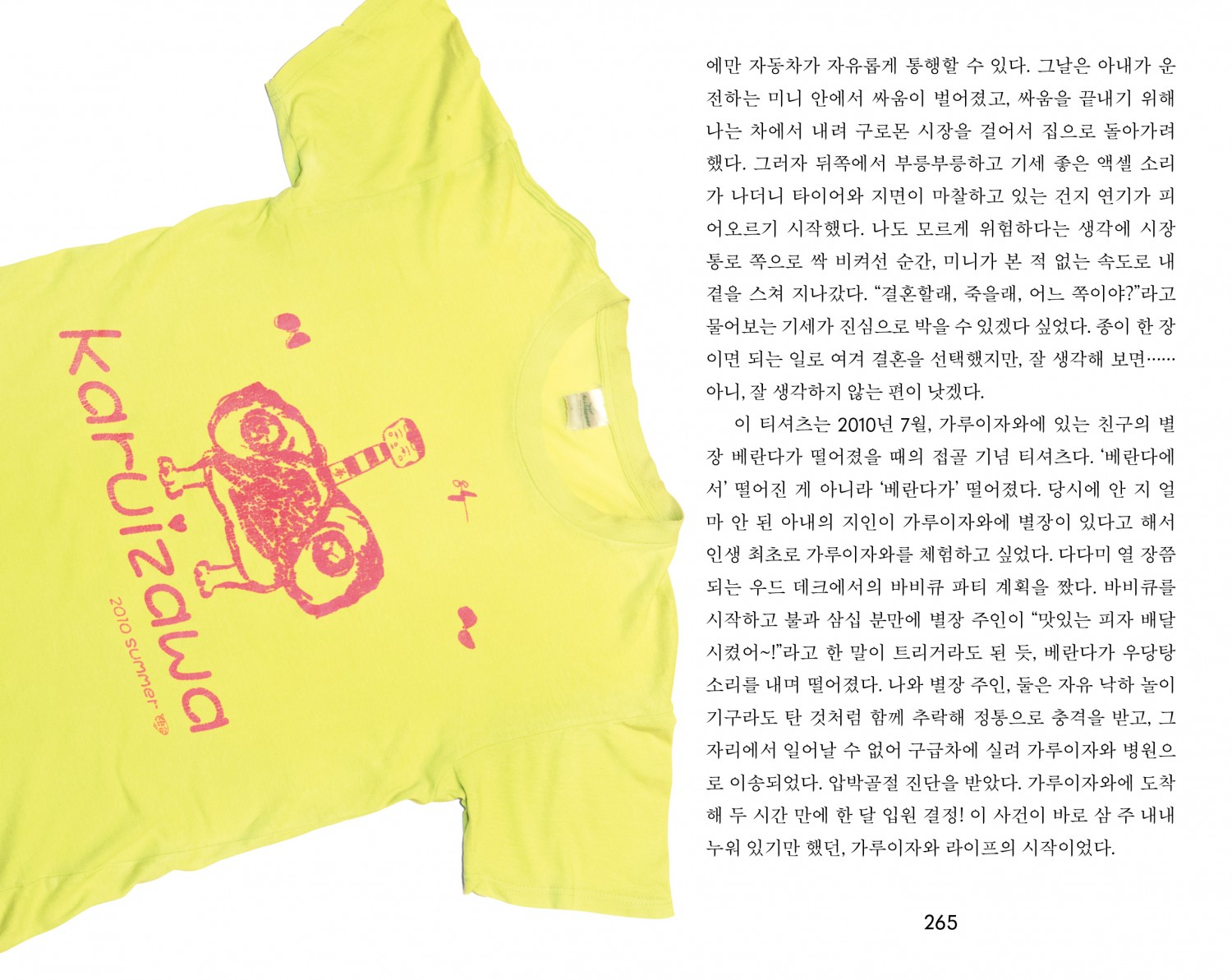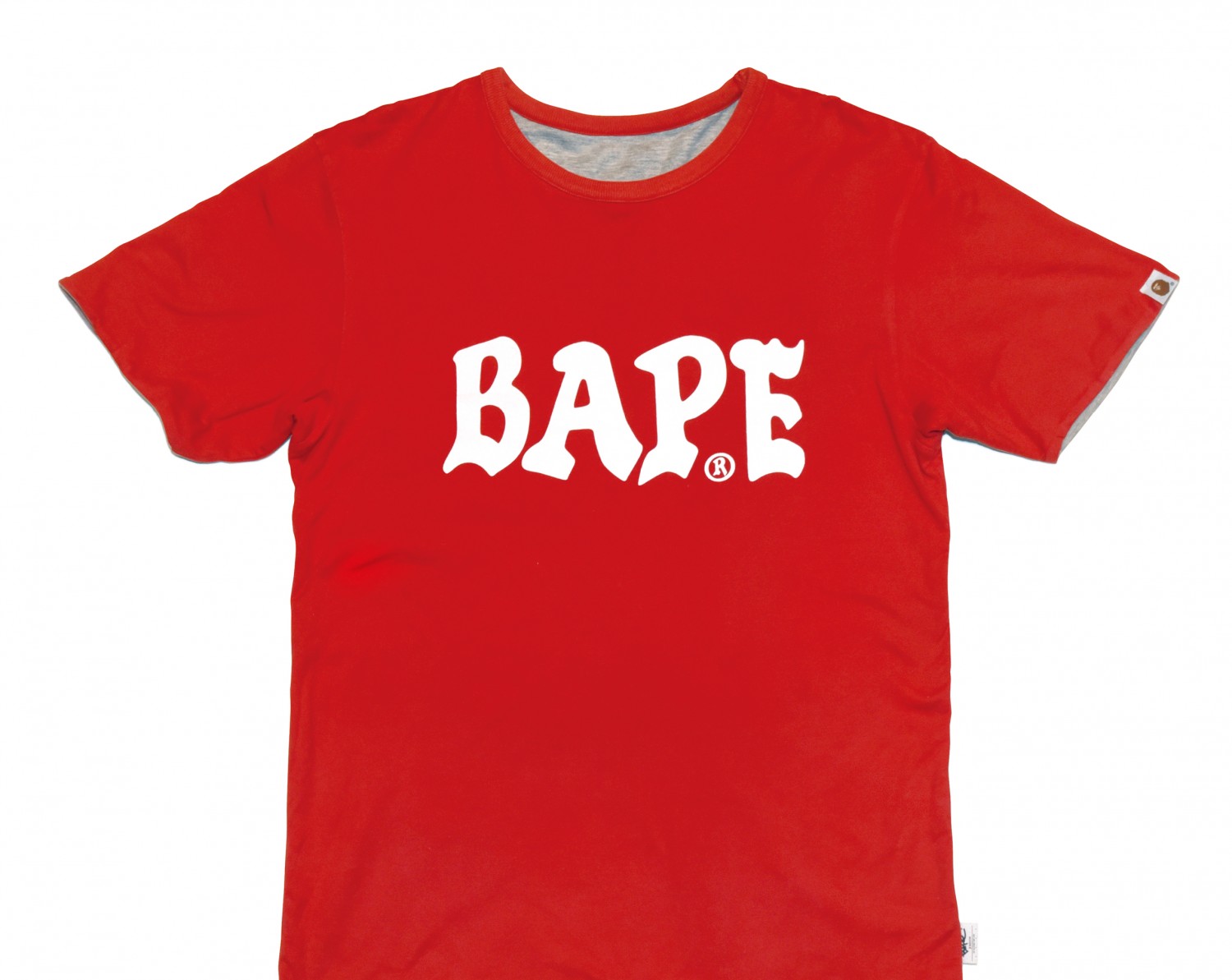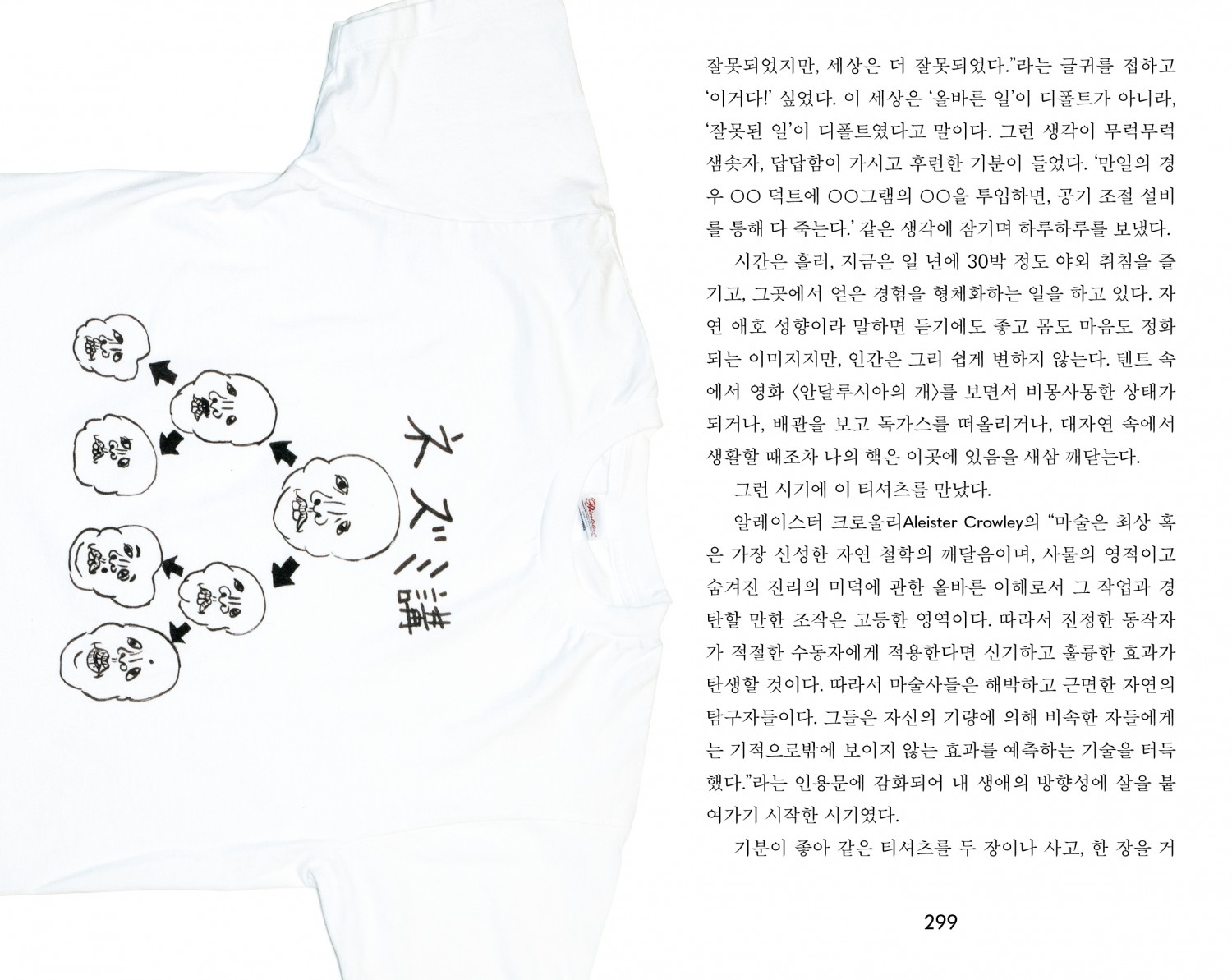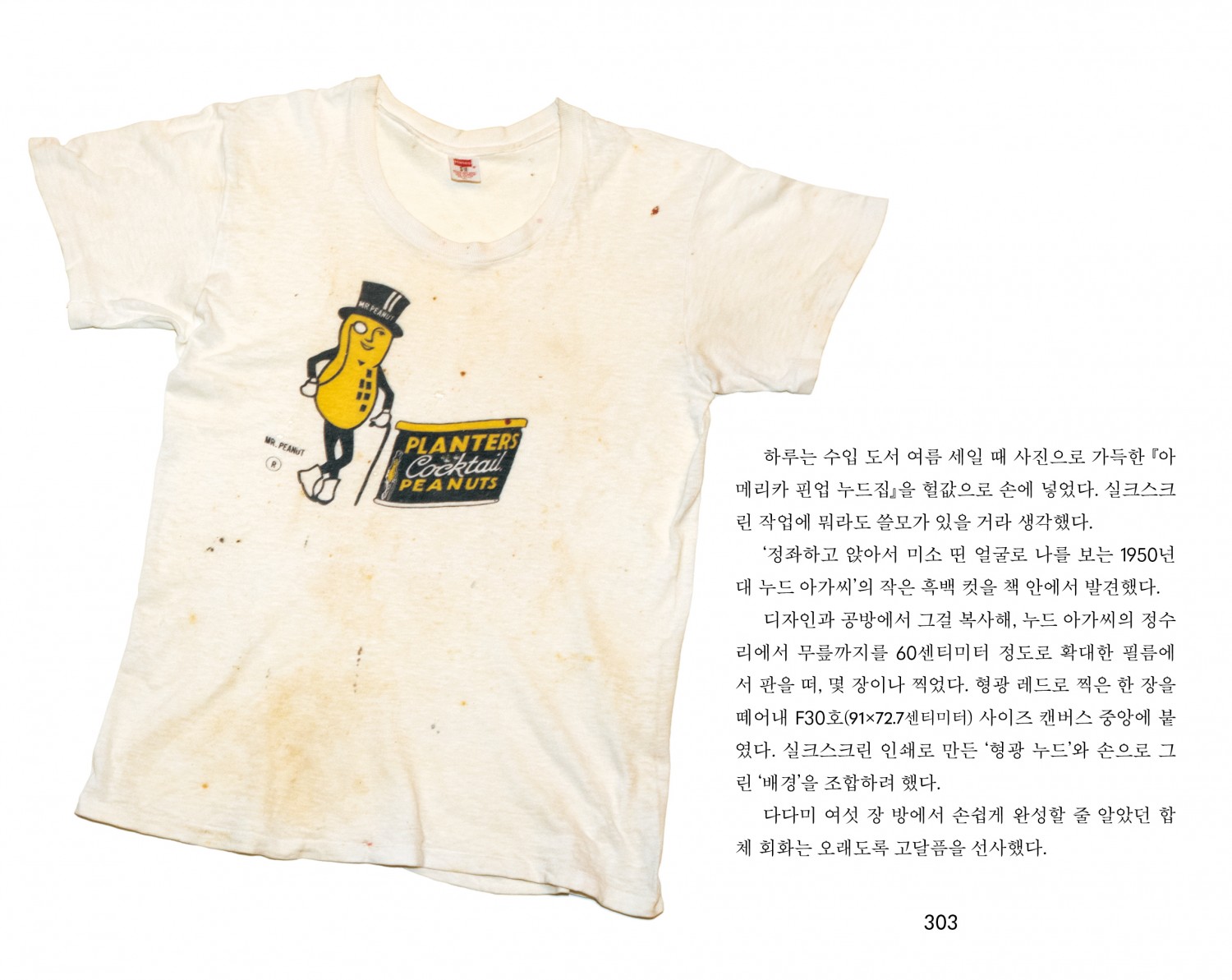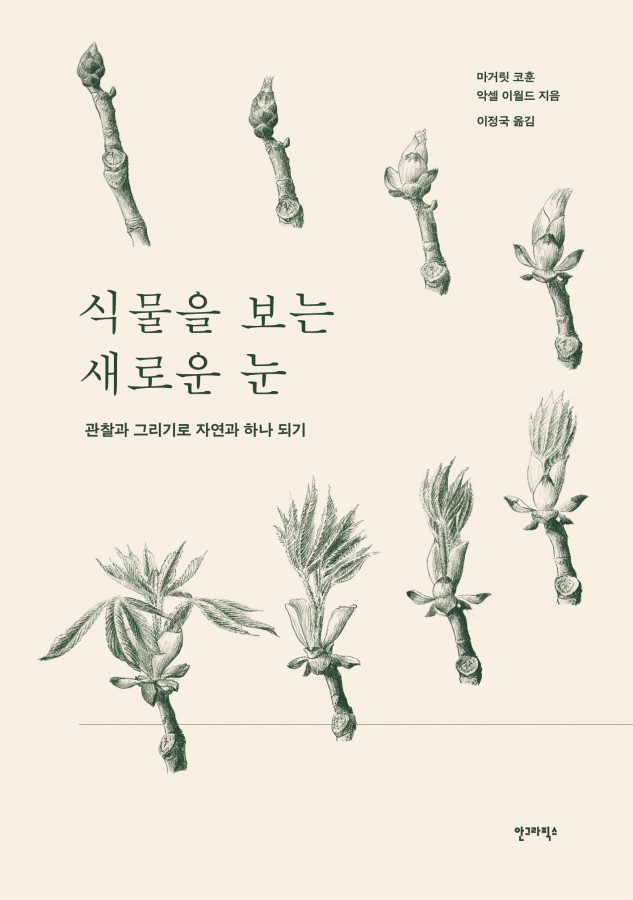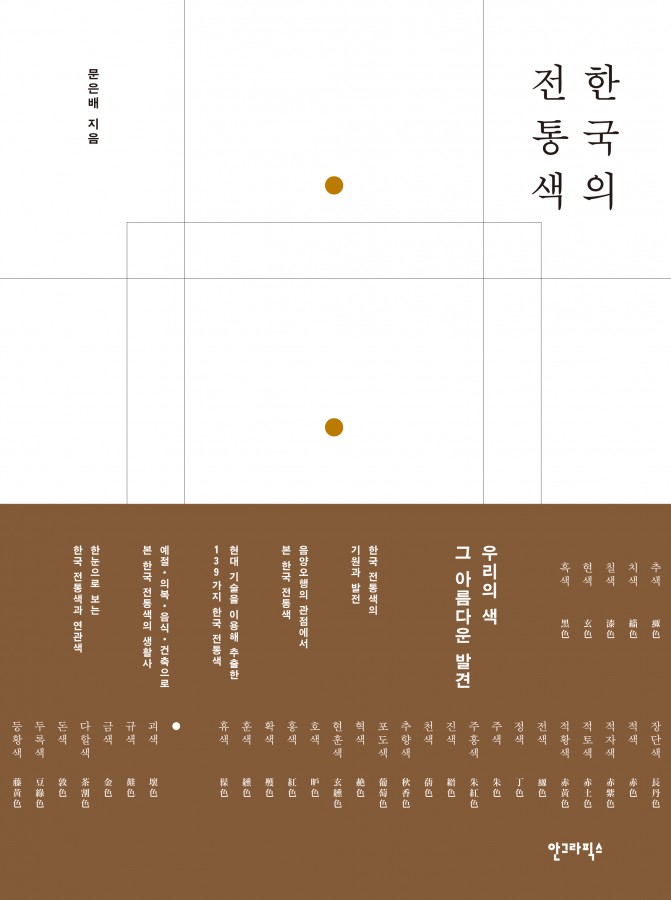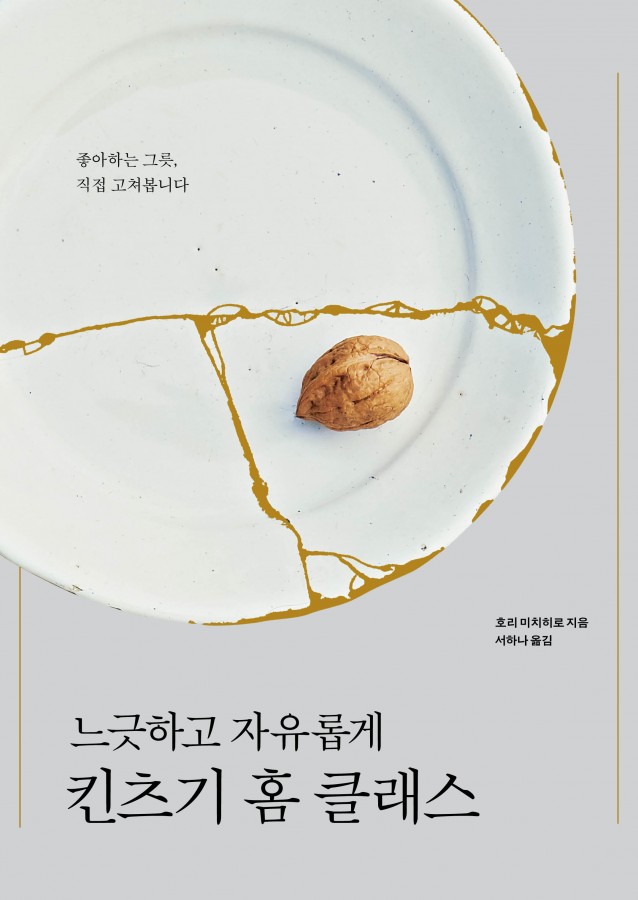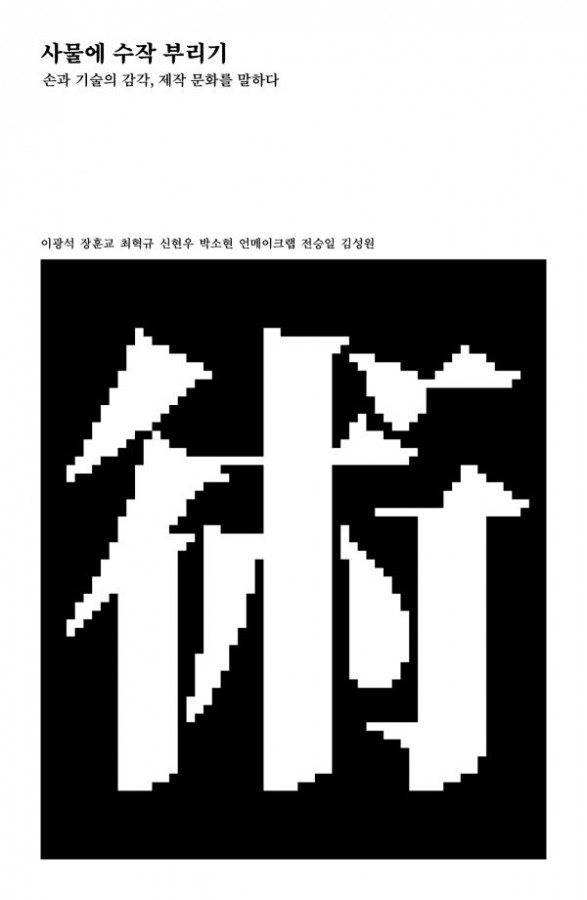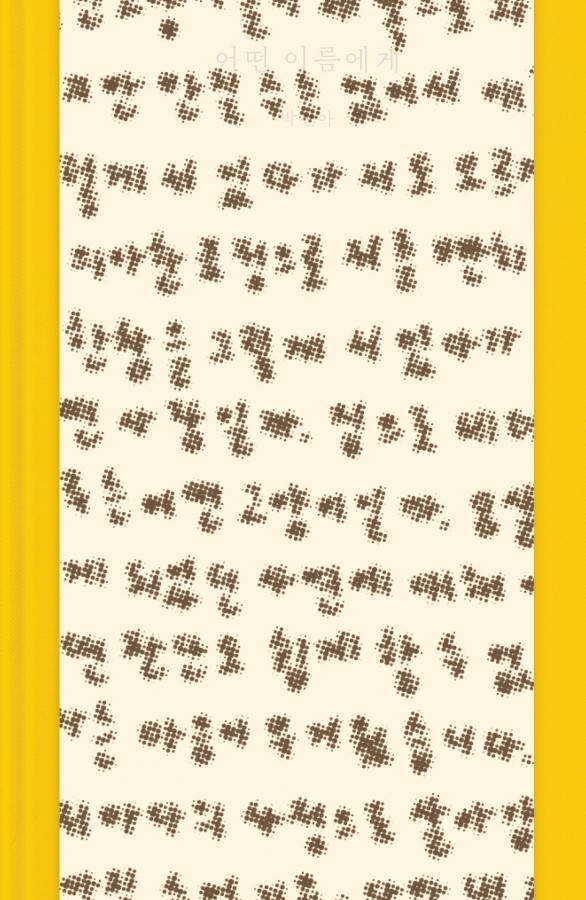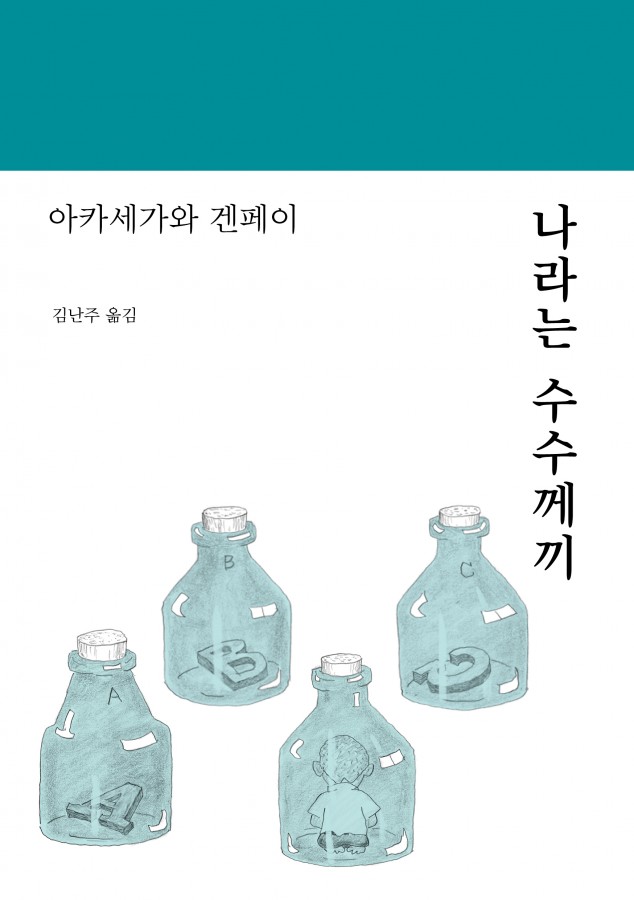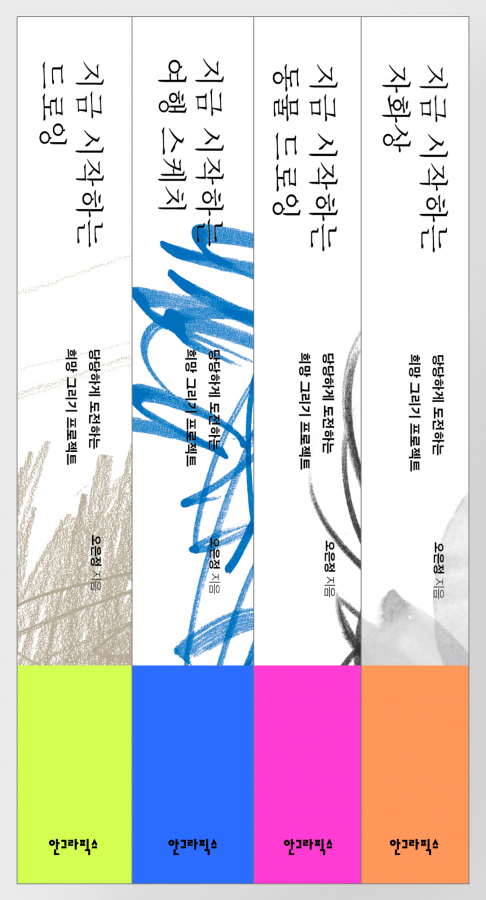The Most Personal Dress Code: The T-Shirt
Seventy Carefully Pressed Life Anthologies
Veteran editor and journalist Kyoichi Tsuzuki, known for uncovering the overlooked in contemporary society across fields like contemporary art, architecture, design, and urban life, has released The T-Shirts We Can’t Throw Away, a collection of seventy T-shirts and their accompanying stories, each carefully pressed and compiled. This book gathers sixty-nine articles serialized weekly from the July 8, 2015, to December 28, 2016, issues of his paid weekly email magazine ROADSIDE’ weekly, with one additional T-shirt story to complete the set. What began as a simple project to collect T-shirt-related memories under the same title evolved into something much deeper and more expansive with each installment. The T-shirts became both a key and a pretext for unlocking the inner lives of their owners.
Starting from its origins as underwear to becoming an icon of rebellion donned by James Dean and Marlon Brando, the T-shirt has evolved into both a daily staple and a fashion statement for special occasions. Yet the vast majority of the “unthrowable” T-shirts in this book are neither obviously stylish nor expensive branded items. They’re stained, faded, outdated in style, or even printed with embarrassingly cheesy slogans—scrappy, awkward garments by all appearances. Precisely because of that, these seemingly trivial fixations, incomprehensible to outsiders, vividly reveal the intimate trajectories of their owners’ lives. Childhood songs that once played on repeat, fleeting moments with a former lover, life-changing encounters, laugh-out-loud anecdotes, irreparable mistakes—each is woven into the fabric of these seventy T-shirts.
The T-Shirts We Can’t Throw Away features a wide range of voices: from the refined prose of well-known writers whose names anyone would recognize, to the rough, hastily written texts of amateurs, left intentionally raw with minimal editing to preserve their authenticity. This unpolished sincerity brings out the unique personality in each contributor’s writing style, adding to the book’s charm. As you turn the pages and encounter this panoramic showcase of unique memories embedded in a universally familiar item—the T-shirt—you’ll once again feel the power of life’s diversity. None of the seventy contributors reveal their names or faces. Only their age, gender, occupation, and hometown are provided, leaving readers to imagine the T-shirt owners as they listen to these heartfelt life stories.
Not all the essays focus solely on a single T-shirt anecdote. Many digress into sprawling life stories, from birth up to the present. This offers a chance to discover unexpected sides of famous figures or tune in to the hidden narratives of society’s fringe outsiders. Through these layered personal histories, readers can gain a sweeping view of modern Japanese society, spanning the Showa, Heisei, and Reiwa eras. The book also offers delightful glimpses into the personal tastes of the T-shirts’ owners. It serves as an archive of memory and taste, vividly capturing the dynamic currents of subcultures like music, fashion, and art—almost like shopping through an emotional collection.
Though the book declares itself not to be a stylish T-shirt catalog, the vibrancy of the photos—each T-shirt lovingly pressed and photographed by Tsuzuki himself, a 50-year veteran editor who left a mark on cult publishing with POPEYE, BRUTUS, and the photo book TOKYO STYLE—rivals that of fashion magazines. Every photo exudes the atmosphere of the era in which the T-shirt was worn. The layout, where text dynamically threads through the pages alongside the images, offers a reading experience as if walking through a living museum of T-shirt memories.
Before closing the book, be sure to search the hashtag #捨てられないTシャツ (#TheTShirtsWeCantThrowAway) on Instagram. You’ll find countless people sharing their own T-shirts and the lives woven into them, outside the pages of this book. This is a project still in progress—one you too can become part of. After all, you may just find that an unthrowable memory is quietly folded away in your own drawer.
